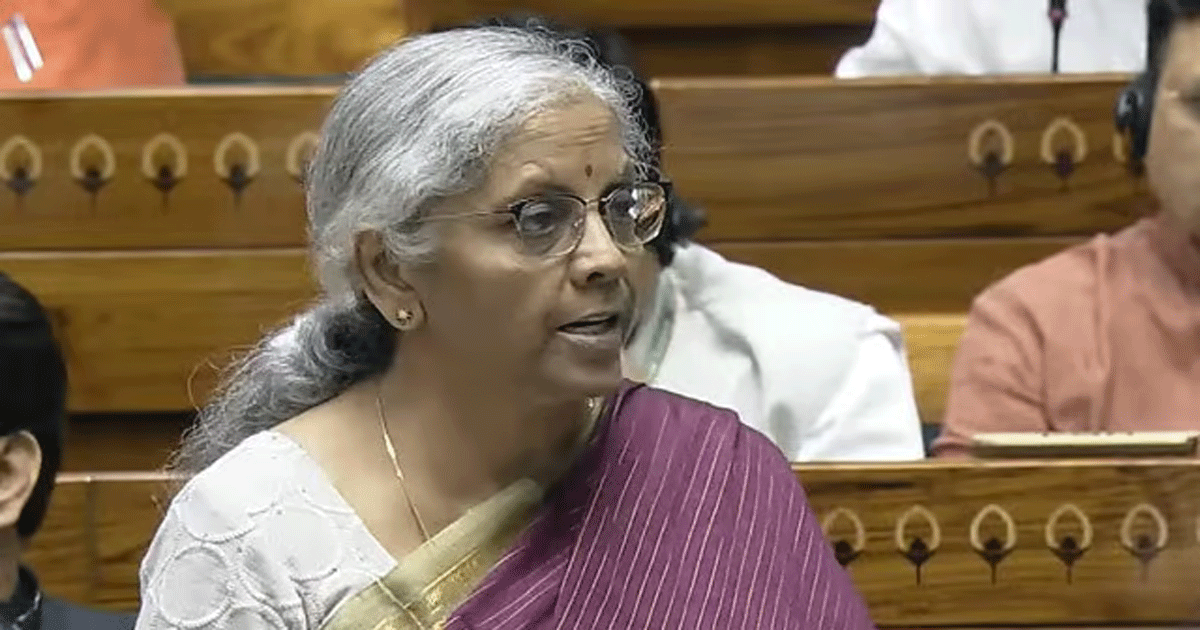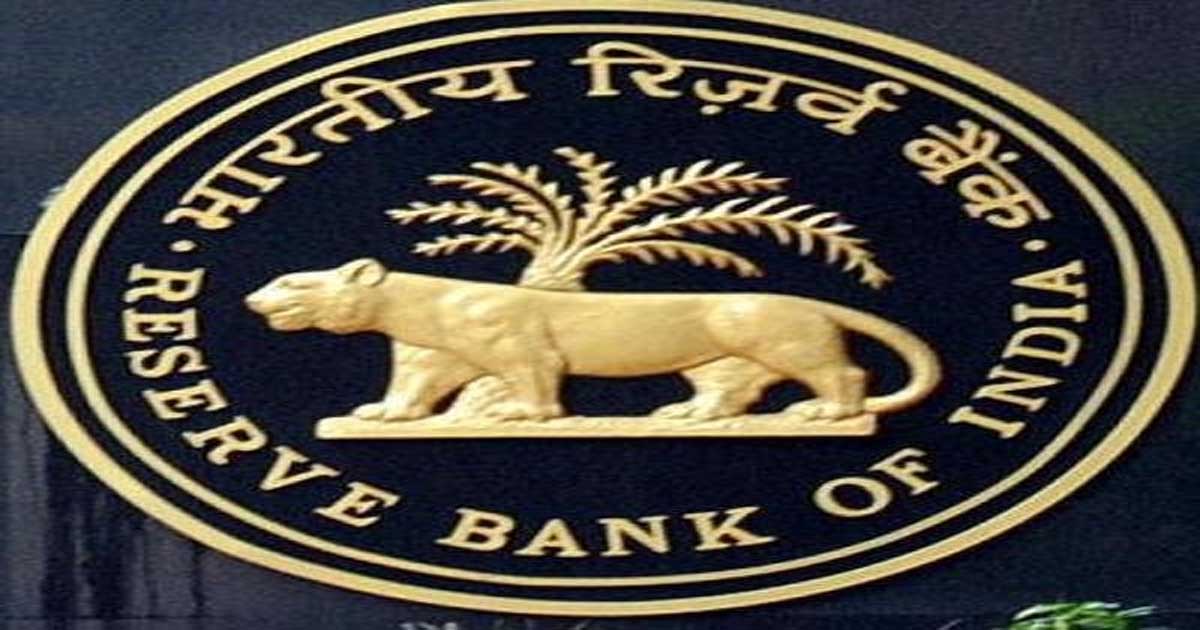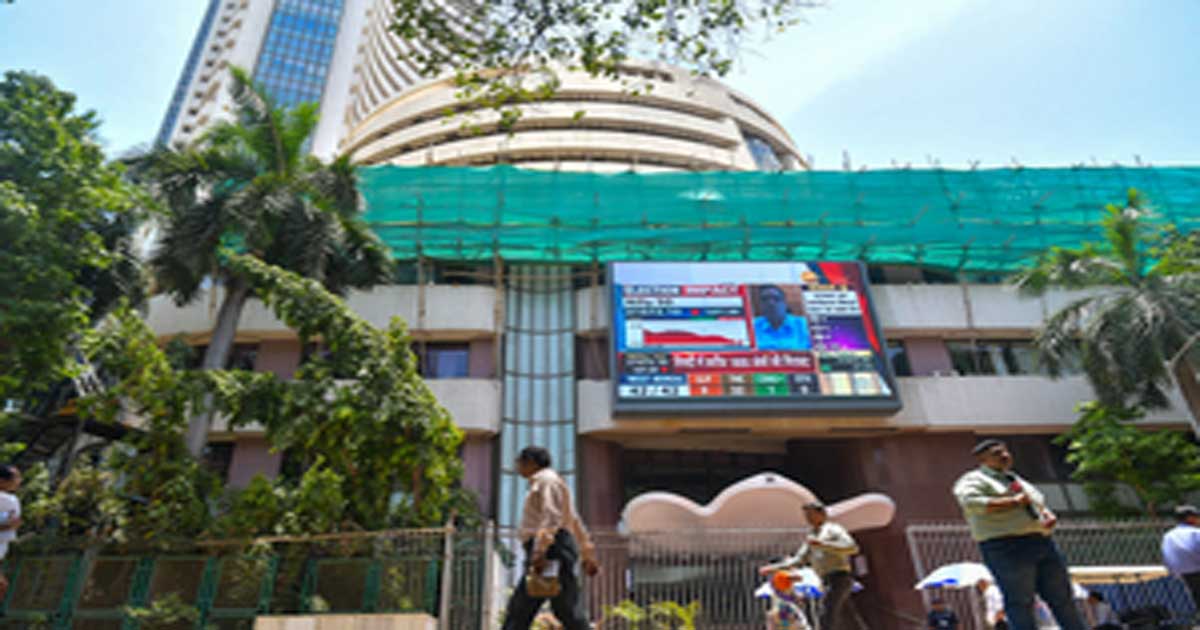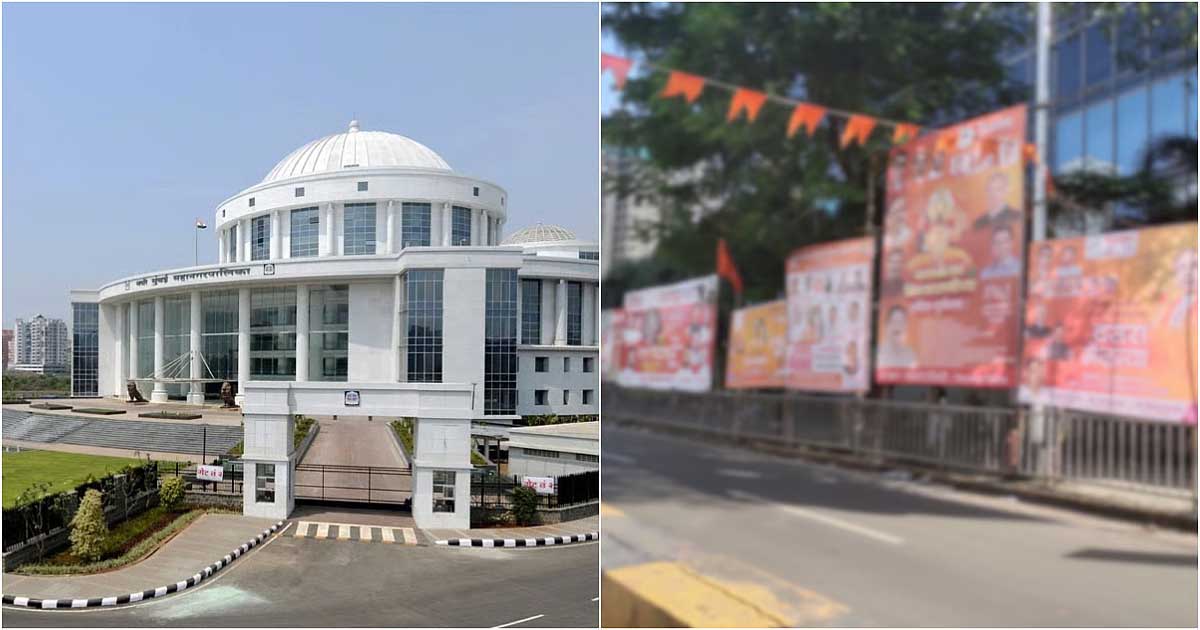Business
FM Nirmala Sitharaman Lauds ED After ‘Returning’ Assets Worth ₹22,000 Crore From Fraudsters, Including Mehul Choksi & Vijay Mallya

Union Finance Minister Nirmala Sitharaman stated in a parliamentry debate on Tuesday, December 17, that the Enforcement Directorate (ED) had given victims and legitimate claimants access to assets valued at Rs 22,280 crore.
During the discussion of the first set of Supplementary Demands for Grants in the Lok Sabha, Sitharaman gave an overview of the ED’s initiatives to retrieve ill-gotten wealth and return it to defrauded investors and public sector banks.
Major recoveries by ED (Enforcement Directorate)
In one of the most significant cases, the ED retrieved properties from fugitive businessman Vijay Mallya valued at Rs 14,131.6 crore, which were then turned over to public sector banks.
In the Nirav Modi case, properties valued at Rs 1,052.58 crore were also given back to both public and private banks.
Properties worth Rs 2,565.90 crore that the ED attached in the Mehul Choksi case are now scheduled for auction. In addition, legitimate investors were given back assets from the National Spot Exchange Ltd (NSEL) scam valued at Rs 17.47 crore.
FM emphasised the effectiveness of ‘Black Money Act’
The Finance Minister also emphasized how well the 2015 Black Money Act has worked to reduce unreported foreign assets. Between 2021–2022 and 2024–2025, the number of taxpayers declaring foreign assets increased dramatically from 60,467 to over 2 lakh.
As of June 2024, 163 prosecutions had been started and 697 cases under the Black Money Act had demands totaling Rs 17,520 crore from the government.
Government’s multi agency group
In 582 cases, investigations into international leaks, such as the Panama Papers and Pandora Papers, have uncovered undisclosed income totaling Rs 33,393 crore.
The government has formed a Multi-Agency Group (MAG) for coordinated action against unaccounted foreign assets in order to speed up these efforts. ‘We are after them,’ Sitharaman reaffirmed. We will see to it that funds that are due to banks and investors are reimbursed.
Business
RBI likely to go in for another policy rate cut by year-end: Report

Mumbai, Oct 19: The RBI is likely to go in for another policy rate cut before the end of the year, which, along with fiscal consolidation and domestic regulatory easing, would lead to a gradual recovery in credit demand, according to a Goldman Sachs report.
“We expect an additional policy rate cut before year-end, and the recent GST simplification signals that peak fiscal consolidation is behind us. We expect this, along with domestic regulatory easing, to foster a gradual recovery in credit demand,” the report said.
The report observes that the recent measures announced by the RBI should ease supply-side credit conditions; however, the extent of incremental lending will depend on the demand situation in the broader economy.
External headwinds continue to weigh on India’s outlook, including tighter US immigration costs for H-1B visas that affect Indian IT services, in addition to elevated US tariffs on Indian goods and “these factors could temper credit demand alongside broader macro uncertainty”, the report states.
India’s inflation rate based on the Consumer Price Index (CPI) declined to an over 8-year low of 1.54 per cent in September this year. This gives the RBI more space to focus on reducing the policy rate and injecting more liquidity into the economy to promote growth.
The RBI has raised its projection of India’s GDP growth rate to 6.8 per cent for 2025-26 from 6.5 per cent earlier, as the implementation of several growth-inducing structural reforms, including streamlining of GST, is expected to offset some of the adverse effects of the external headwinds, Reserve Bank Governor Sanjay Malhotra said earlier this month.
He pointed out that India’s GDP recorded a robust growth of 7.8 per cent in Q1:2025-26, driven by strong private consumption and fixed investment. On the supply side, growth in gross value added (GVA) at 7.6 per cent was led by a revival in manufacturing and steady expansion in services. Available high-frequency indicators suggest that economic activity continues to remain resilient. Rural demand remains strong, riding on a good monsoon and robust agricultural activity, while urban demand is showing a gradual revival, the RBI Governor further stated.
Business
Nifty, Sensex surge over 2 pc this week amid renewed hopes of US-India trade deal

Mumbai, Oct 18: The Indian equity benchmarks ended the week decisively higher amid short covering from foreign institutional investor (FII) participants and resilient domestic cues.
Market optimism was bolstered by clarity in the India–US trade relations, with both sides tentatively agreeing to conclude the first phase of the deal by November.
The sentiment remained upbeat as Bank Nifty achieved a new milestone, driven by robust buying interest in leading banking stocks. Investor confidence was buoyed by easing concerns around asset quality in the financial sector and expectations of improved volume growth in the festive quarter.
Benchmark indices Nifty and Sensex rose 2.10 and 2.04 per cent during the week, with FMCG, pharma, and auto indices being the major contributors to the rally.
Analysts said that consumption-driven sectors also saw a surge along with a broad-based recovery across realty, healthcare, and banking.
IT stocks remained under pressure due to global discretionary spending concerns and mounting asset quality stress in the US banking system.
Profit booking was also seen in media, and metal stocks, which capped the overall upside of the indices.
The broader market, however, took a breather after a strong run-up, with Nifty Midcap 100 slipping 0.57 per cent and Nifty Small-cap 100 marginally down by 0.05 per cent, indicating selective profit taking by investors.
“Nifty on the weekly chart has formed a sizable bull candle with a higher high and higher low, signalling continuation of the up move. The index broke out above a three-month symmetrical triangle consolidation pattern, indicating a positive bias,” analysts from Bajaj Broking Research said.
They expect the index to head towards 25,900 and then towards 26,200 levels in the coming weeks.
In the holiday-led truncated Diwali week, investors are likely to remain cautious in view of the release of key economic data, such as US inflation, employment, and India’s PMI figures.
Investors are also keen on the cues from the ongoing earnings season and policy signals from major global central banks.
Business
Navi Mumbai: NMMC Urges Advertisers To Obtain Mandatory Permissions Before Displaying Hoardings, Banners And LED Signage

Navi Mumbai: The Navi Mumbai Municipal Corporation (NMMC) has appealed to all advertisers, businesses, and citizens to secure mandatory permissions before displaying any form of advertisement within city limits, in accordance with the Maharashtra Municipal Corporations (Regulation and Control of Display of Sky-Signs and Advertisements) Rules, 2022.
As per the Urban Development Department’s notification dated May 9, 2022, the rules are applicable to all municipal corporations in Maharashtra except the Brihanmumbai Municipal Corporation (BMC). Under Sections 244 and 245 of the Maharashtra Municipal Corporations Act, no advertisement can be displayed without prior written permission from the Municipal Commissioner.
The term “advertisement” covers all forms of displays visible from public roads, including hoardings, banners, name boards, neon and glow signs, LED and digital screens, video or laser displays, and other illuminated publicity material.
To ensure compliance, NMMC has appointed M/s Ornate Technologies Pvt. Ltd. to conduct a citywide survey of all advertisement hoardings and signage. The agency will use a mobile application to gather data, contact advertisers through a call centre for guidance, and issue notices to those operating without valid permissions.
NMMC officials have urged citizens and advertisers to extend full cooperation to representatives of Ornate Technologies during the survey. “Our goal is to ensure transparency, safety, and orderly display of advertisements across Navi Mumbai,” said a senior civic official.
“We request all advertisers to regularize their displays by applying for permissions online to avoid penalties and ensure compliance.”
The civic body has directed advertisers to apply through its official website https://app.nmmconline.in, submit the required documents, and pay the prescribed advertisement fees to obtain valid permits before putting up any form of advertisement.
-

 Crime3 years ago
Crime3 years agoClass 10 student jumps to death in Jaipur
-

 Maharashtra1 year ago
Maharashtra1 year agoMumbai Local Train Update: Central Railway’s New Timetable Comes Into Effect; Check Full List Of Revised Timings & Stations
-

 Maharashtra1 year ago
Maharashtra1 year agoMumbai To Go Toll-Free Tonight! Maharashtra Govt Announces Complete Toll Waiver For Light Motor Vehicles At All 5 Entry Points Of City
-

 Maharashtra1 year ago
Maharashtra1 year agoFalse photo of Imtiaz Jaleel’s rally, exposing the fooling conspiracy
-

 National News1 year ago
National News1 year agoMinistry of Railways rolls out Special Drive 4.0 with focus on digitisation, cleanliness, inclusiveness and grievance redressal
-

 Maharashtra11 months ago
Maharashtra11 months agoMaharashtra Elections 2024: Mumbai Metro & BEST Services Extended Till Midnight On Voting Day
-

 National News1 year ago
National News1 year agoJ&K: 4 Jawans Killed, 28 Injured After Bus Carrying BSF Personnel For Poll Duty Falls Into Gorge In Budgam; Terrifying Visuals Surface
-

 Crime1 year ago
Crime1 year agoBaba Siddique Murder: Mumbai Police Unable To Get Lawrence Bishnoi Custody Due To Home Ministry Order, Says Report












